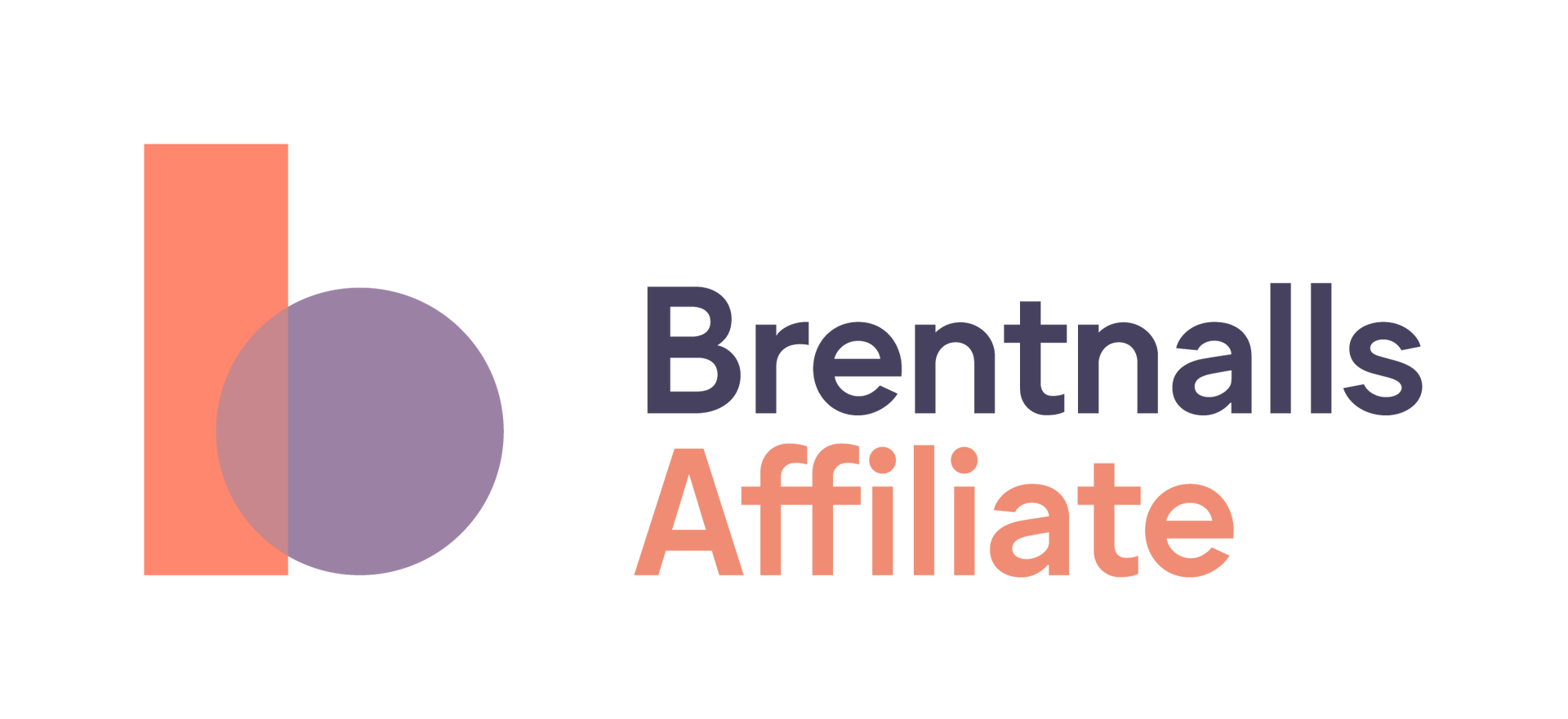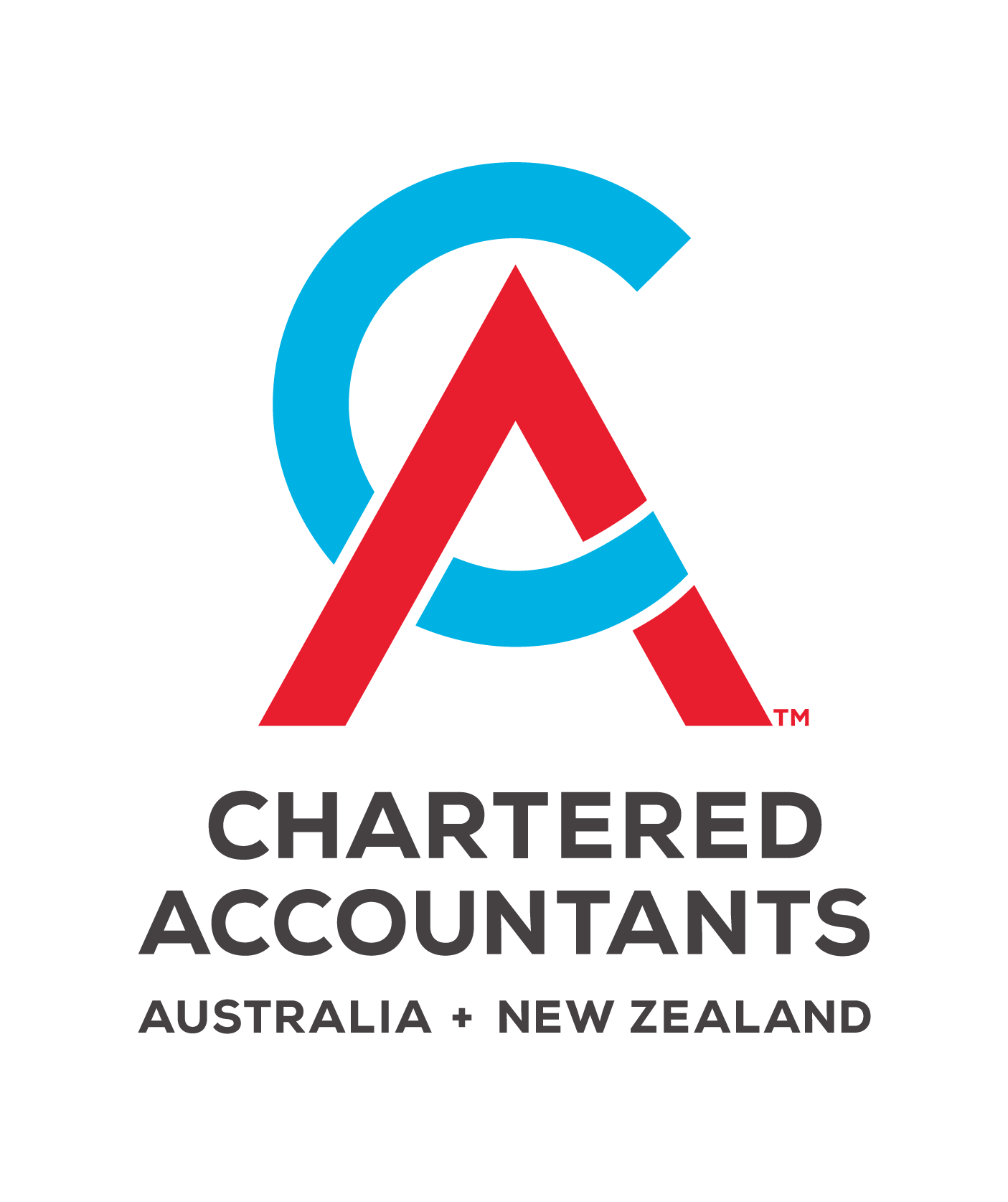News Articles
Construction Industry
Prequalification -
open the door to new sources of revenue
26 February 2023

If your business isn’t prequalified, you could be missing out on valuable government contracts. Here’s what’s involved.
For many businesses in the construction sector, landing a government contract can be the equivalent of finding gold. It can give a business the surety of a regular and reliable source of income from a customer that comes with few risks of non-payment or insolvency.
Long story short, winning a government contract can be ‘as good as money in the bank’.
The catch is that plenty of other businesses – large and small, vie for government contracts. And the tender process isn’t the only hurdle these companies face.
A number of government departments including SA’s Department for Infrastructure and Transport (DIT), require companies in the construction sector to be ‘prequalified’ before they can submit a tender.
What is prequalification?
Prequalification is a system designed to give government bodies the confidence that companies placing a tender for a government contract have the skill, experience, technical capacity, available resources and management systems needed to competently undertake the project.
Prequalification does not mean your company can bypass the tender process. It simply means your business is eligible to tender.
Why do some government bodies request prequalification?
For government bodies – and suppliers – prequalification offers a number of benefits. These include:
- Minimising cost and risk – it’s perfectly reasonable that a government department seeking tenders for a project wants to be sure a supplier is up for the job. But prequalification also has advantages for businesses that plan to tender. The cost of preparing and submitting a tender can be time consuming and expensive. So it is in the best interests of any business planning to submit a tender to be sure they have a reasonable chance of winning the bid.
- Streamlining selection of suppliers – the faster a tendering business knows whether they have secured the project, the better. Prequalification helps to speed up the tender selection process as it eliminates tenders that would be unlikely to win the contract.
- Setting clear standards for supplying businesses – prequalification provides objective, quantifiable data to support the selection of suppliers. This works in the favour of the business community by establishing a transparent playing field. It also helps businesses to understand exactly what is expected of them if they win the tender.
- Encouraging the development and improvement of tendering businesses – a business that fails to meet the criteria for prequalification has clear goals to work towards to gain prequalification in the future. This can provide a real impetus for a business to improve its systems, and potentially become more productive and profitable.

The below sums up what prequalification is all about at a glance:
- Prequalification is a process that aims to qualify suppliers who may be capable of providing a specific category of good/service for a number of contracts.
- There is no specific tender in mind when suppliers are prequalified, but prequalified suppliers have the potential to win a range of contracts.
- Prequalified suppliers could win a number of contracts over time though there is no guarantee of any work.
- Prequalification eliminates suppliers from the tender process that don’t meet the relevant criteria.
- Prequalification is aimed at reducing the costs to suppliers of submitting a tender, and reducing the risk of contract failure.
Who can apply for prequalification?
Prequalification for DIT construction contracts is open to general building contractors, trade/subcontractors and professional services contractors.
There are various levels of prequalification, which reflect the complexity and value of contracts that a company will be permitted to tender for. When a contract is advertised, the Request for Tender will specify the level of prequalification required.
When should my business apply to become prequalified?
A company can apply for prequalification at any time. You don’t have to wait for a contract to be advertised. In fact, it works in your favour to seek prequalification long before tenders are invited. That’s because the DIT says it can take six weeks from the time of making an application to be notified of prequalification (if successful).
It's worth noting that prequalification doesn’t typically last indefinitely. Businesses are usually required to undertake a prequalification assessment at regular intervals, typically every three years. This being the case, it’s important to know how the prequalification works as it is unlikely to be a one-off process.
How does my business gain prequalification?
Exactly what is required to gain prequalification can vary in line with the nature of work to be undertaken. The metrics used for prequalification for electrical work for example, can be quite different from the criteria for demolition and asbestos removal. Even within the same category of work, prequalification criteria can vary in line with the complexity and value of the project.
That said, the overarching common thread is that prequalification assessments review both quantitative and qualitative information in relation to a business' operations, performance and position.
Financial metrics can include:
- Turnover
- Working capital
- Assets as a % of liabilities
- Profitability as a % of turnover
- Paid up share capital
Non-Financial metrics typically address:
- Business structure – a company structure is usually required. Trusts, natural persons and partnerships are generally ineligible for prequalification.
- Company management experience – applicants may be required to have a minimum 3 years operational experience relative to the category level.
- Technical capacity and resources.
Where can I get help applying for prequalification?
Application forms to become prequalified can be downloaded via the DIT SA website. However, as many businesses in the construction industry have found, the paperwork required to apply for prequalification is lengthy, and you want to be sure of giving your business the best possible chance of receiving prequalification.
We have assisted many clients in understanding prequalification requirements and implementing strategies to ensure ongoing compliance. As construction business advisors, we are acutely aware of the importance of maintaining prequalification to ensure business sustainability and a healthy pipeline of work.
Contact us for more information or to arrange an appointment.
Discuss Further?
If you would like to discuss, please get in touch.
Disclaimer
The information provided in this article does not constitute advice. The information is of a general nature only and does not take into account your individual financial situation. It should not be used, relied upon, or treated as a substitute for specific professional advice. We recommend that you contact Brentnalls SA before making any decision to discuss your particular requirements or circumstances.







